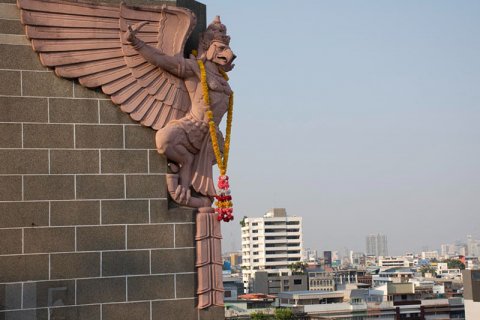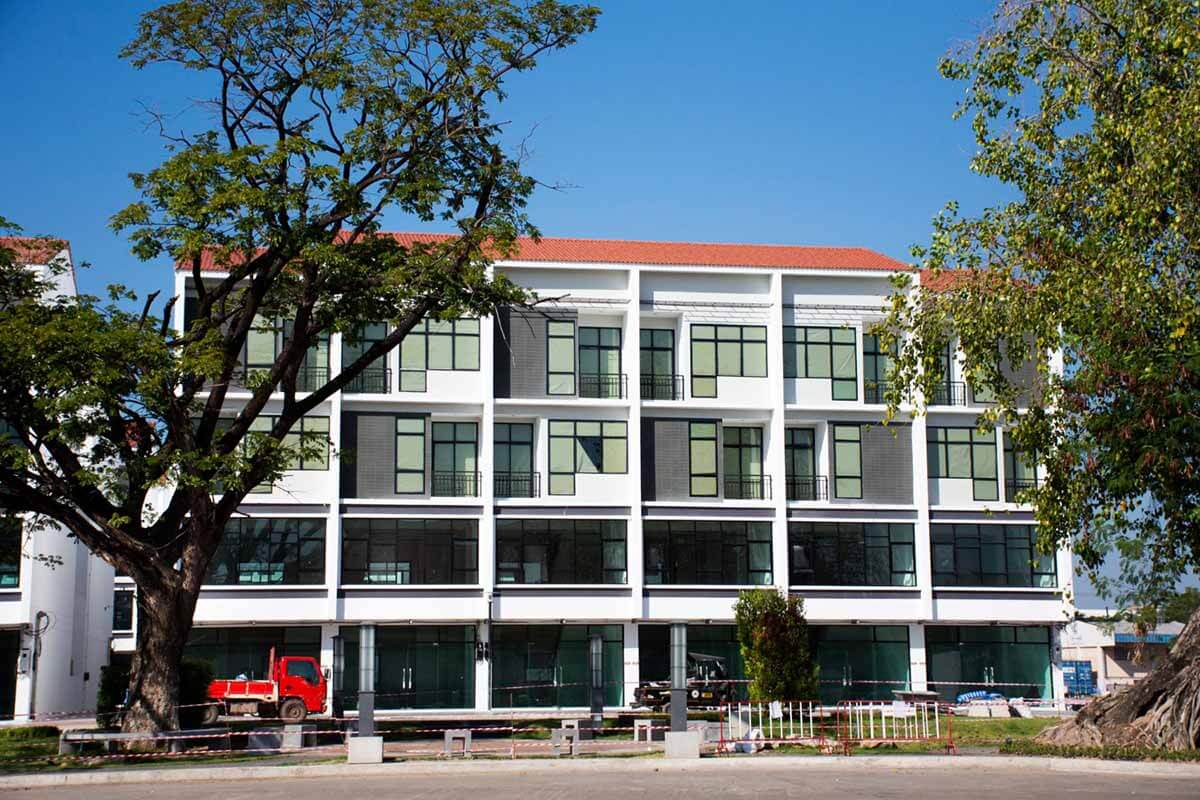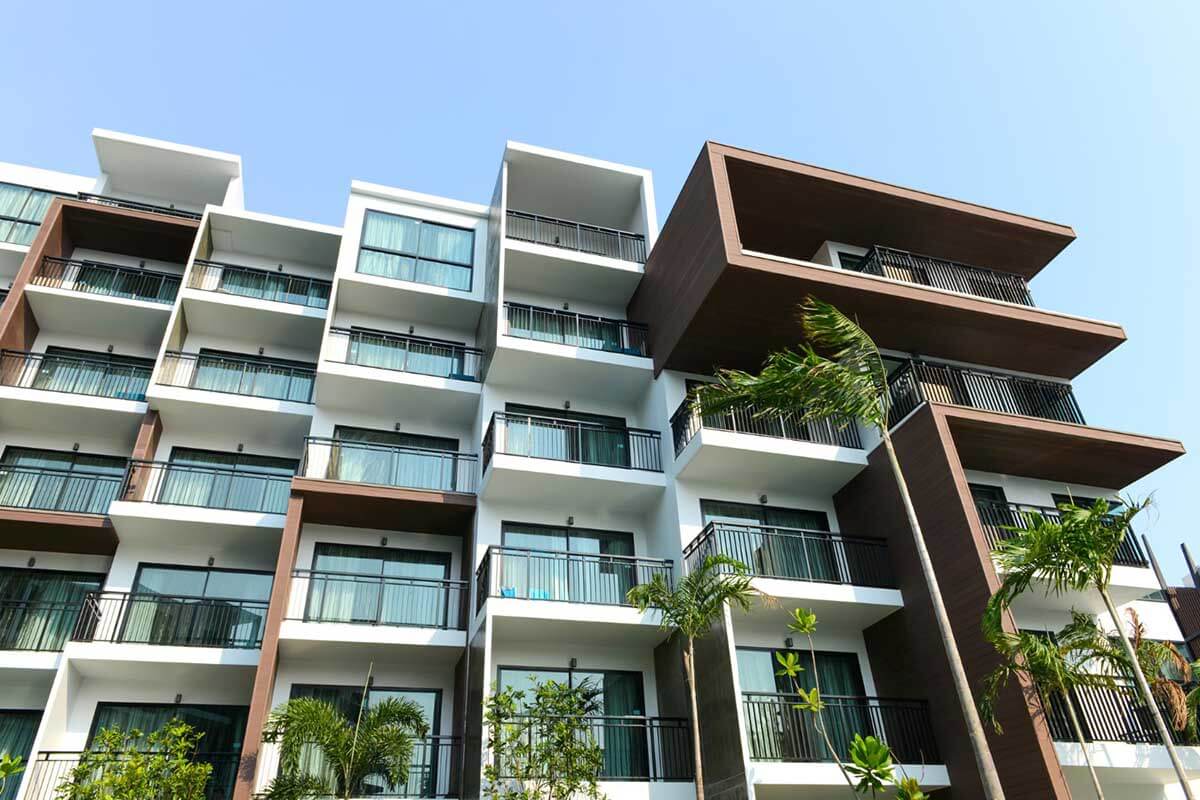
There are many aspects of Thai daily life that might surprise a foreigner. If you are thinking about long-term or short-term property in the country, you need to understand some of the features of Thai properties. This will come in handy and save you from possible awkward situations.
One of the most important rules is that you cannot enter a temple or a house while wearing your shoes in Thailand! Sometimes you will have to take your shoes off even before entering a small shop, a massage parlor, or a hairdresser. It is considered highly disrespectful to enter someone's home with shoes on. Thais often sit on the floor or even sleep on mats, keeping the floor pretty clean.
In condominiums, management and the board of owners establish rules that all residents must observe. In most houses, it is forbidden to keep pets. They argue that pets can cause discomfort to neighbors. For example, they can be noisy.
Management often agrees with the post office that all parcels addressed to the house's residents are brought directly to the office at the building. All recipients pick up their belongings in a designated place. In another case, condominium employees can receive parcels from delivery agents, and the resident can pick them up later, at a convenient time.

All condominium residents can use public spaces and amenities free of charge. These usually include a swimming pool, fitness center, coworking area, sauna, barbecue pit, and carts for transporting items from their car to the apartment. If you rent housing, you should check with the owner about the conditions for using the public space in the building.
Apartments in Thailand often do not have washing machines. But houses have shared public laundry rooms where you can use a washing machine for a small fee. To do so, you need to bring your washing powder. In the city, you can also often find special services with washing machines where you can wash your clothes for a fee.
Some Thai houses don't have a kitchen. It is essential to pay attention to the equipment available when selecting an apartment for rent. Usually, there is a microwave and a refrigerator. A kettle or even a stove cannot always be found. In houses, the kitchen can be arranged outside, as an example, a gas stove can be placed on the patio. Street food is readily available in Thailand: you can buy it in every alley, both in large cities and small towns. It is affordable, high quality, and delicious! Instead of cooking a meal at home, the Thais buy street food for the whole family.
There are no garbage disposals in condominiums, but each floor has a room with trash cans available. Since the country is concerned about environmental problems, garbage is usually sorted into several types: organic, recyclable, and mixed.
Both high-rise buildings and private Thai houses don't have hot water. There are some rare exceptions. An electric flow boiler is used to heat the water in the shower. There may be no boiler in some houses or apartments. This should also be considered when choosing accommodation in Thailand. Locals often do not use water heating. Thai homes are only equipped with a shower cabin; bathtubs are very rare and mostly in houses intended for foreigners.
There are vending machines with drinking water in high-rise buildings where you can fill your containers. It is cheaper than buying water in the supermarket. However, many people are afraid to drink boiled water that hasn't been boiled.
A toilet as we know it isn't always present in Thai homes. Instead of a toilet, the tenant will find a neat hole in the floor without a seat or drain. There is usually a container with water nearby to wash everything off yourself.
Traditionally, Thais have small altars near their homes - houses for spirits or sanphraphum in Thai. There are houses for spirits near private houses and on the territory of condominiums, in front of shops, restaurants, and office buildings. Sanphraphum is built in the form of traditional Thai houses or temples. Thais make offerings to the spirits every day. They frequently bring water bottles, sweet soda, sweets, fruits, rice, and flowers. In stores, you can see pre-made kits with products as offerings. It is forbidden to touch the offerings on the altars.
A prevalent form of property in Thailand is shophouses. These are narrow, 2 or 3-story houses connected to each other. There is a shop on the first floor, and the owner's family lives on the upper floor.

You can often see images of revered monks and kings in Thai homes. Religion and respect for the country's king are an essential part of Thai culture. Under no circumstances should you show disrespect or disregard for these images. It will offend the house owners, and it is punishable by law. Disrespect for the king will result in punishment, including imprisonment.
Thai homes often have mosquito nets on windows and doors. This is an essential part of life in a tropical country. Because mosquitoes bring discomfort and can carry different diseases, such as malaria and dengue fever. Windows in Thailand are most often sliding.
Small lizards, or tokay geckos, can get into the house. They are named after the distinctive sound they make. Do not be afraid of them; they will not harm people. Usually, lizards sit on the walls near the lights and catch insects. There can be many of them on the walls outside the home. Not many can get inside, but it still happens, especially in private households. Do not panic if you see them in your apartment.
Many Thai housing units do not have air conditioning, only fans. This may seem strange in a hot tropical climate, but the air conditioner consumes a lot of electricity, so locals try to avoid installing them to save money. However, most modern buildings have air conditioning systems.


